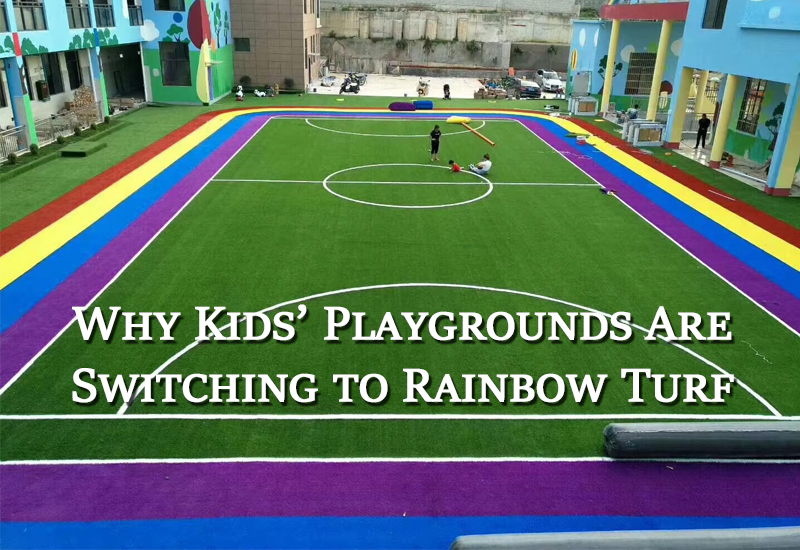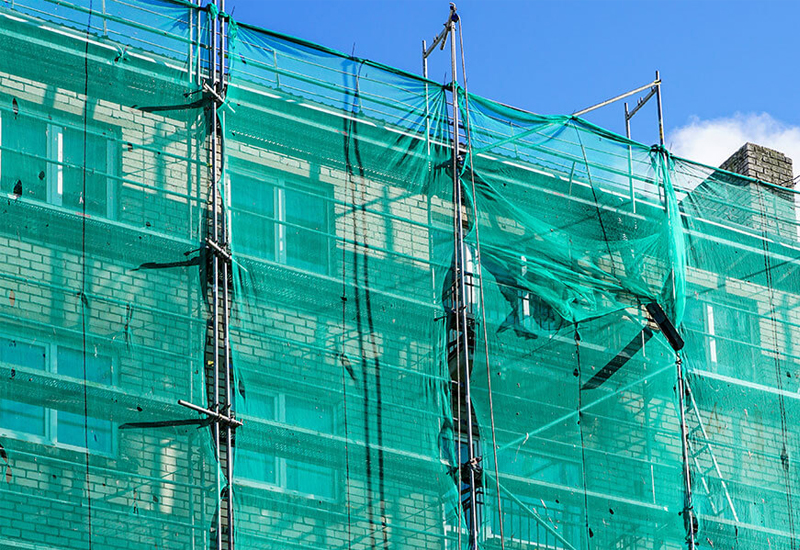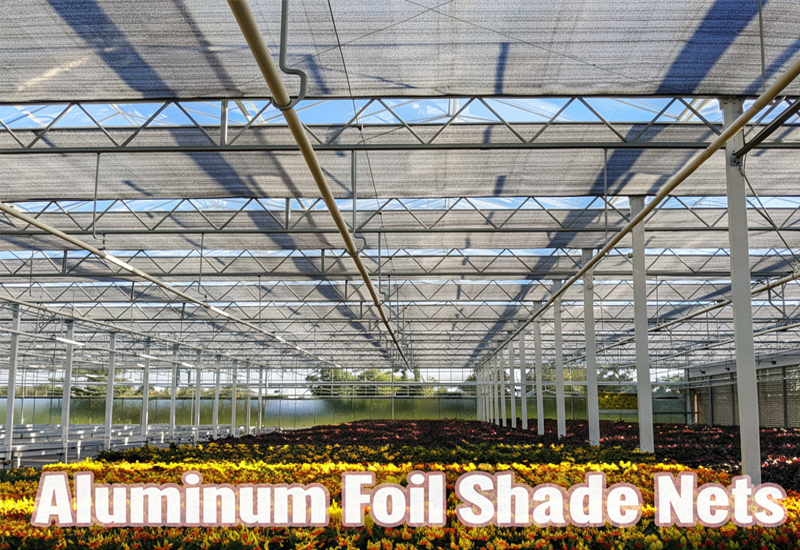The Role of Shade Nets in Vegetable and Fruit Cultivation
When growing vegetables and fruits during the hot summer months, shade nets become indispensable tools for maintaining optimal light and temperature conditions.
Proper use of shade nets can protect crops from excessive sunlight, reduce heat stress, and help maintain ideal humidity levels—ensuring better yield and healthier plants.
But how can you make the most of them? Below, we break down the key factors to consider when choosing and installing shade nets for greenhouse farming.
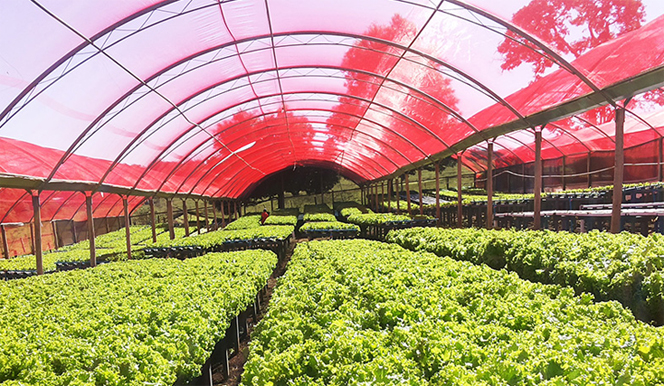
1. Proper Installation for Optimal Cooling
Many growers make the mistake of simply covering shade nets over greenhouse films, but this limits their effectiveness.
For better temperature regulation, the shade net should be installed inside the arched greenhouse structure rather than outside.
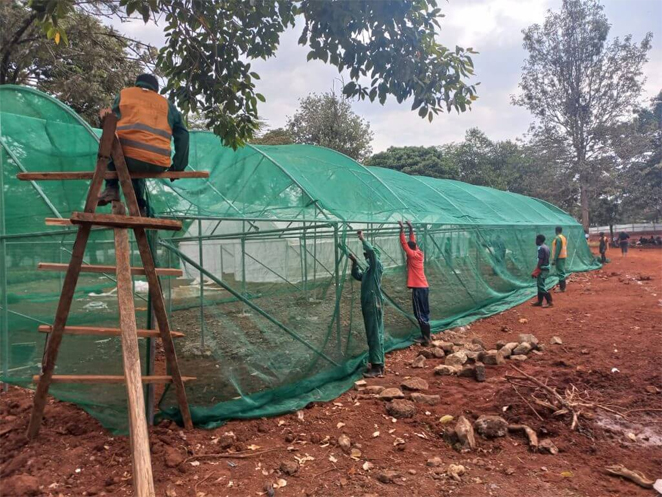
This setup enhances airflow, improves heat dissipation, and helps the cooling system work more efficiently.
A properly positioned shade net can lower the internal temperature by several degrees, protecting crops from scorching sunlight while maintaining a comfortable growth environment.
2. Selecting the Right Shade Net Color for Your Crops
Different crops have different light requirements, and the color of the shade net directly influences light diffusion and absorption.
Black Shade Nets
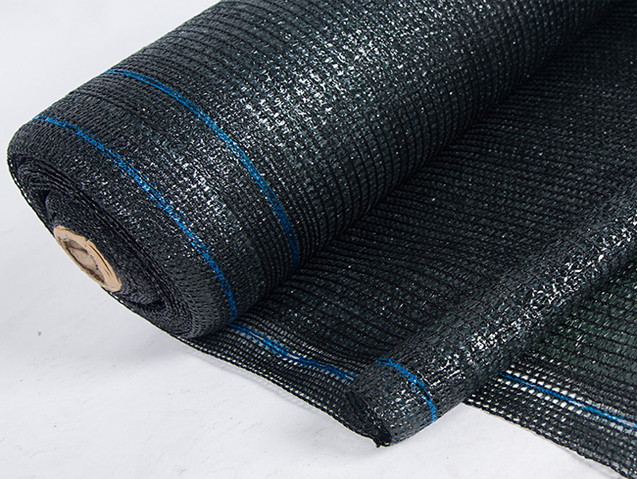
Best suited for shade-loving crops, black shade nets block more sunlight and are effective in reducing light intensity.
They are commonly used for plants that thrive under partial shade or lower light conditions.
White Shade Nets
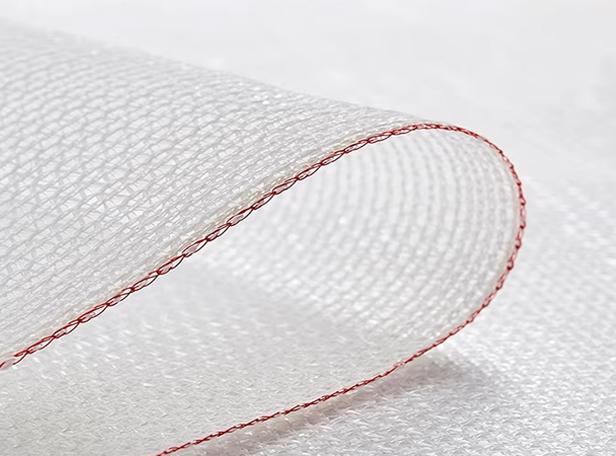
Ideal for light-demanding vegetables and fruits, white shade nets reflect sunlight while still allowing sufficient brightness.
They help maintain a natural light balance, supporting photosynthesis without overheating.
Silver-Gray Shade Nets
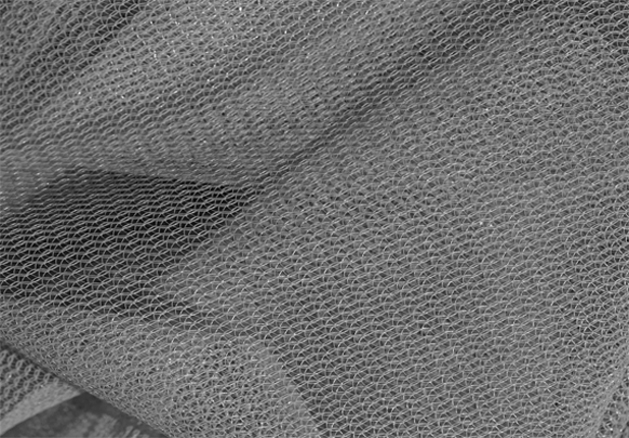
These are favored for pest and disease prevention, especially against aphids.
The reflective surface disturbs pest behavior and also reduces temperature buildup, creating a healthier environment for crop growth.
3. Maximizing Greenhouse Efficiency with Smart Shading
Efficient greenhouse management depends on more than just the material of the net—it’s about strategic use.
Properly selecting and positioning shade nets allows farmers to:
● Maintain a stable microclimate for consistent plant growth
● Reduce energy consumption for cooling systems
● Extend the lifespan of greenhouse films and equipment
● Improve the overall yield and quality of crops
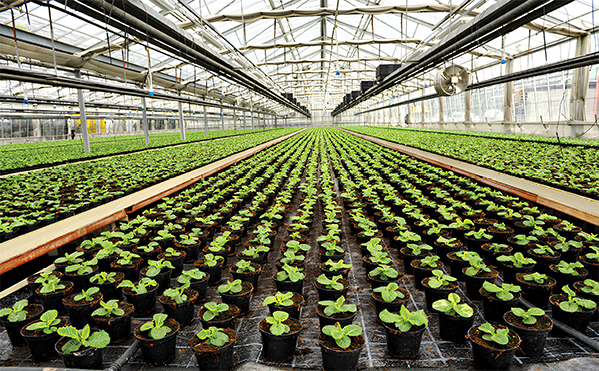
In short, a well-planned shading system transforms a greenhouse from a simple structure into a controlled, high-performance environment.
Conclusion
Choosing the right shade net and installing it properly are critical steps in ensuring your greenhouse performs efficiently during the summer.
Whether you’re growing tomatoes, cucumbers, strawberries, or leafy greens, matching the right net color and setup to your crop’s needs will make a measurable difference in productivity and quality.



